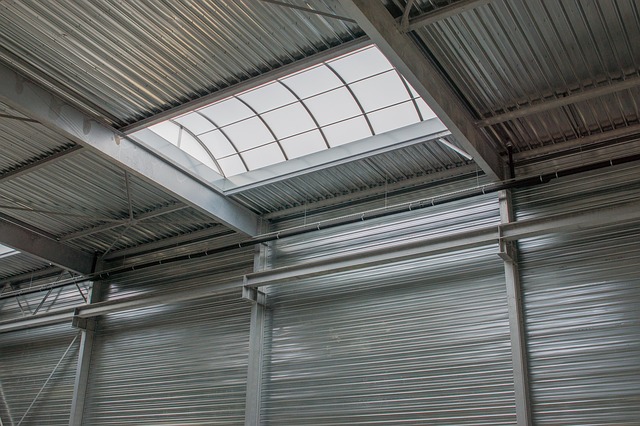Steel siding is the strongest material used for house siding and lasts for between four and six decades. It also remains intact in all kinds of weather. It does not dent or rot, and it is highly energy efficient. Moreover, it is a nonflammable material, and many local laws require a Class A fire rating. So, why would you want to go for it? Read on to find out more!
Table of Contents
Corrugated steel siding is virtually maintenance-free
Corrugated steel siding is the perfect alternative for any house looking for a durable and relatively maintenance-free material. While it is more durable than wood, it does have its downfalls. Steel can rust if its finish is scratched or left unpainted. Not only does this cause the metal to look discolored and dingy, but it can also compromise its integrity.
Another benefit of steel is its strength. This durable material can withstand baseballs, tree branches, and rocks from lawn mowers making it an ideal choice in areas with unpredictable weather. Steel siding also resists large hailstones, wind-blown debris, and bitterly cold weather.
Another advantage of metal roofing and siding is that it is resistant to fire and most other nasty elements. It won’t burn or crack, even if it gets hit by lightning. Insects and birds won’t be able to penetrate the steel.
It is less susceptible to denting
There are some key benefits of steel siding over aluminum. Both materials are resistant to rot and insects, which can resist fire. However, there are a few differences. Steel is heavier and stronger than aluminum, and it is less prone to denting than aluminum. Steel siding is also easier to repair if it is dented, and the panels are extruded in the same way as aluminum siding. However, if you want to maintain the look of your home, you may want to invest in a steel siding system.
While steel siding has many advantages, it is still susceptible to denting. While it is less likely to dent than aluminum, hail and stray balls can easily dent steel. Steel siding can also be expensive, and prices for metals have risen significantly in recent decades. While steel siding may be a superior choice, its downsides make it uneconomical. For the same amount of money, there are better alternatives to consider.
Aluminum siding is a soft metal and is prone to dents and scratches. Aside from this, aluminum siding is expensive and difficult to repair, and it can also deteriorate over time if not appropriately maintained. When damaged, however, it is still aesthetically pleasing and can be repaired easily.
It is energy-efficient
Choosing steel siding for your home is an excellent option if you’re looking for a more durable and energy-efficient alternative. Steel is impact-resistant and will not bend like vinyl. But it isn’t perfect.
Another advantage of steel is that it’s greener than its counterparts. Additionally, the reflective qualities of metal allow it to reflect light away from home, reducing your energy bills. So, there’s no need to worry if your home’s siding is getting too hot or too cold – steel is your best bet.
It is durable
Steel siding is durable, although it is not indestructible like wood. If the paint is scratched or not properly maintained, it will start to rust. The rust will discolor the steel and compromise the integrity of the material. To prevent this, steel siding is treated with a vinyl coating. This coat will prevent the paint from fading. Steel siding is also available in bold colors to complement any house. It would help if you also considered coating the material to make it look natural. Vinyl-coated siding will not be as effective as asphalt-covered siding.
It is more attractive
Steel siding from klauer.com/steel-siding is more environmentally friendly, making it an attractive option. Its lifespan can be as long as 50 years, and it is not subject to the same issues as aluminum. A qualified siding contractor can help you decide between the two types of siding. However, it would help if you considered the cost of both materials. Although steel is more expensive, the long-term price will be lower in the long run. As a result, steel is a better option for your home.
